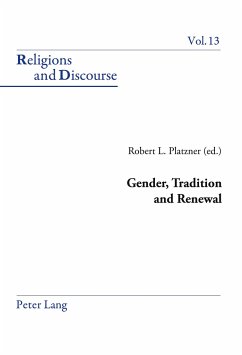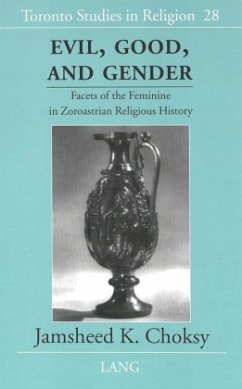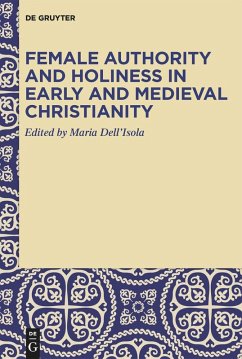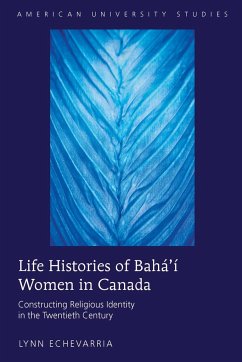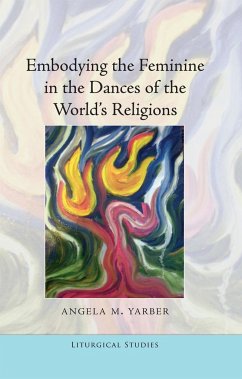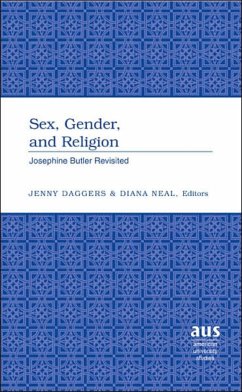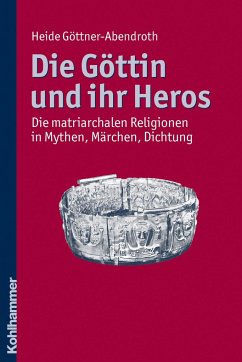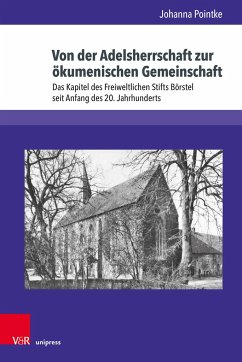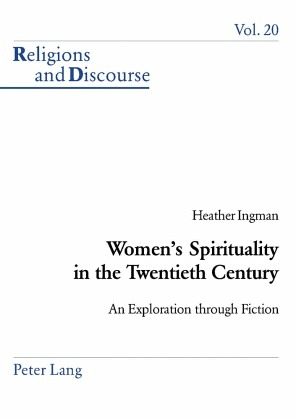
Women's Spirituality in the Twentieth Century
An Exploration through Fiction
Versandkostenfrei!
Versandfertig in 6-10 Tagen
78,85 €
inkl. MwSt.

PAYBACK Punkte
0 °P sammeln!
This book applies insights from feminist theology to highlight spiritual themes in twentieth-century fiction by women writers. The author traces the way women writers of the twentieth century have not only challenged religious discourse but employed spiritual themes in order to explore more fluid possibilities of gender and identity. The book is wide-ranging in its choice of authors. As well as British and American writers, Irish, African-American, Canadian, Jewish and Caribbean women writers are discussed. Spirituality in women's fiction embraces a wide range of themes. After an introductory ...
This book applies insights from feminist theology to highlight spiritual themes in twentieth-century fiction by women writers. The author traces the way women writers of the twentieth century have not only challenged religious discourse but employed spiritual themes in order to explore more fluid possibilities of gender and identity. The book is wide-ranging in its choice of authors. As well as British and American writers, Irish, African-American, Canadian, Jewish and Caribbean women writers are discussed. Spirituality in women's fiction embraces a wide range of themes. After an introductory chapter sketching out developments in feminist theology for the non-specialist reader, there are chapters on the convent school and the role of the Virgin Mary, the Goddess, the female mystic, womanist spirituality and ecofeminism. The book demonstrates the way in which many women writers attempt to preserve a dialogue between traditional religious discourse and women's contemporary religious experience. The determinedly secular stance of much feminist literary criticism has led to a downplaying of spiritual themes in twentieth-century women's fiction. This study provides a bridge between feminist literary criticism and feminist theology.





